US Orders Non-Emergency Staff to Leave South Sudan Amid Rising Tensions
The United States has instructed non-emergency personnel to leave South Sudan as political and ethnic violence escalates.
Escalating violence in South Sudan is threatening an already fragile peace agreement between President Salva Kiir and Vice-President Riek Machar. In response to the growing unrest, the U.S. State Department has ordered the departure of non-essential government employees.
The 2018 peace deal, signed to end a brutal five-year civil war that claimed hundreds of thousands of lives, remains tenuous as tensions persist between the two leaders. Recent clashes involving various political and ethnic factions have raised concerns about the country's stability.
On Sunday, the U.S. State Department confirmed that armed confrontations were ongoing and warned that "weapons are readily available to the population." Citing security risks, the department mandated the evacuation of non-emergency staff as of March 8, 2025.
The UN Human Rights Commission for South Sudan has expressed deep concern, warning of an "alarming regression" that could undo years of progress toward peace.
In a bid to calm the situation, President Kiir reassured citizens that the country would not return to war. However, tensions escalated further on Friday when a UN helicopter, evacuating members of the national army, was attacked, resulting in multiple deaths, including a crew member.
Earlier in the week, South Sudanese security forces arrested the deputy chief of the army and two ministers allied with Machar, a move the opposition denounced as a "grave violation" of the peace accord. These arrests followed violent clashes in Upper Nile state between government forces and the White Army militia, a group that previously fought alongside Machar during the civil war.
South Sudan, which became the world’s newest country after gaining independence from Sudan in 2011, has struggled with instability. Just two years after its independence, a power struggle between Kiir and Machar plunged the nation into a civil war that resulted in over 400,000 deaths.
The 2018 peace agreement halted large-scale conflict, but critical elements of the deal remain unfulfilled, including the drafting of a new constitution, the organization of elections, and the unification of rival armed groups into a single national army. Meanwhile, sporadic violence between ethnic and local factions continues to destabilize the country.

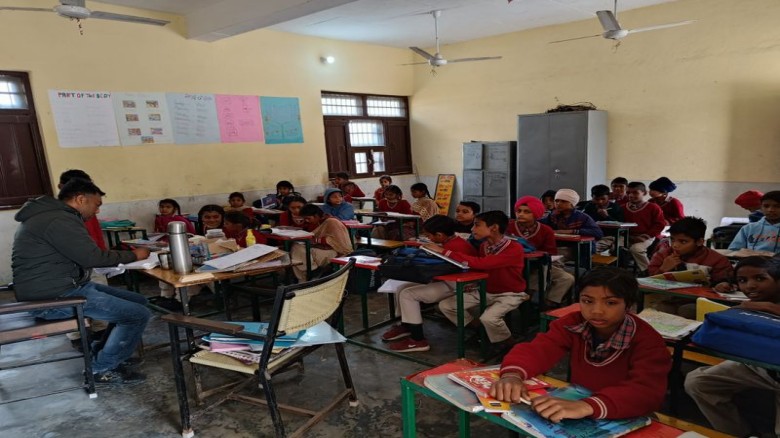
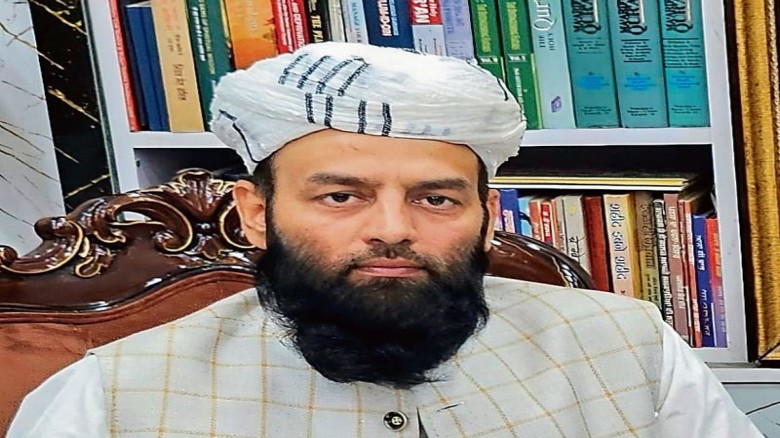
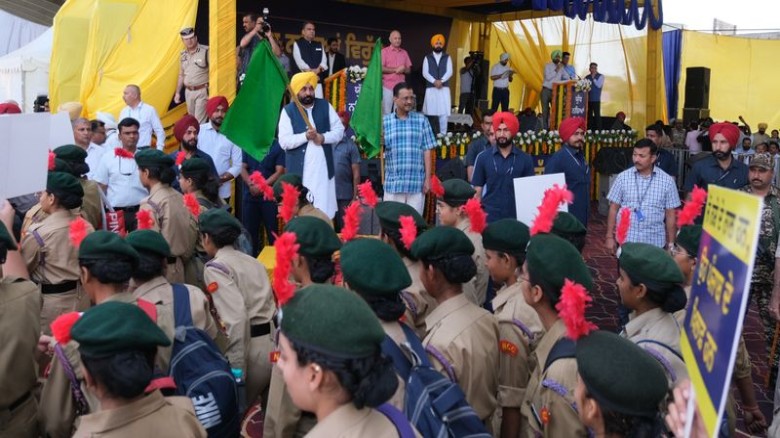


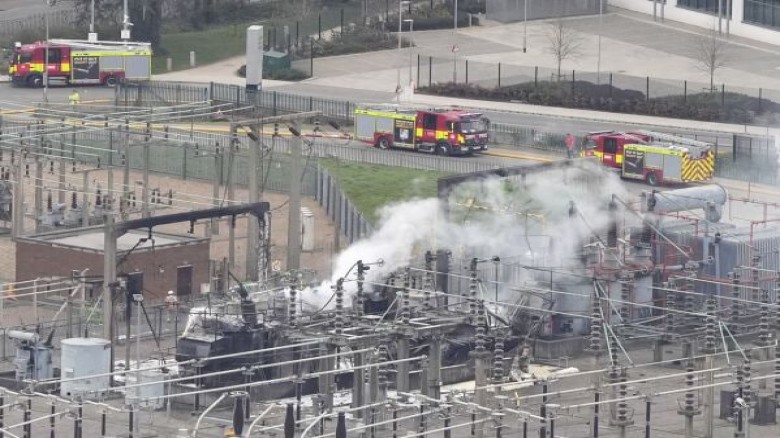


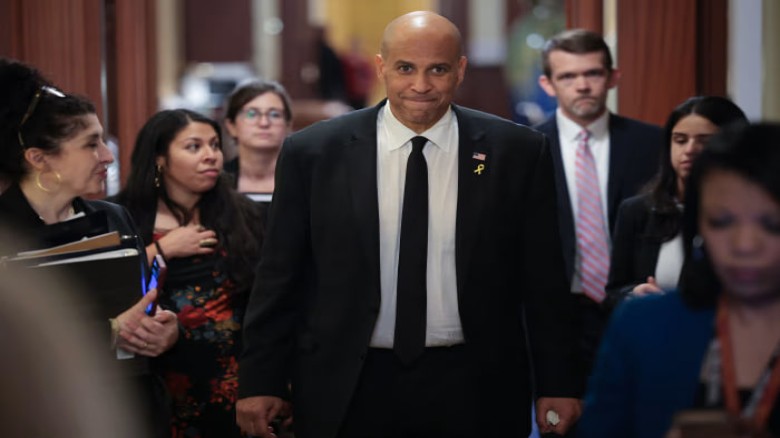
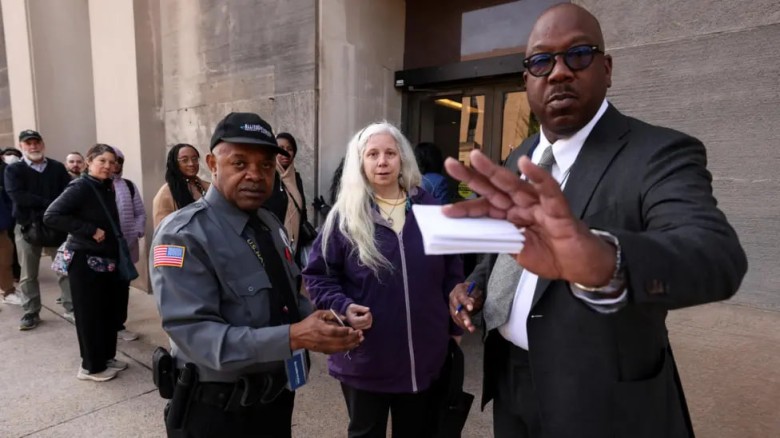




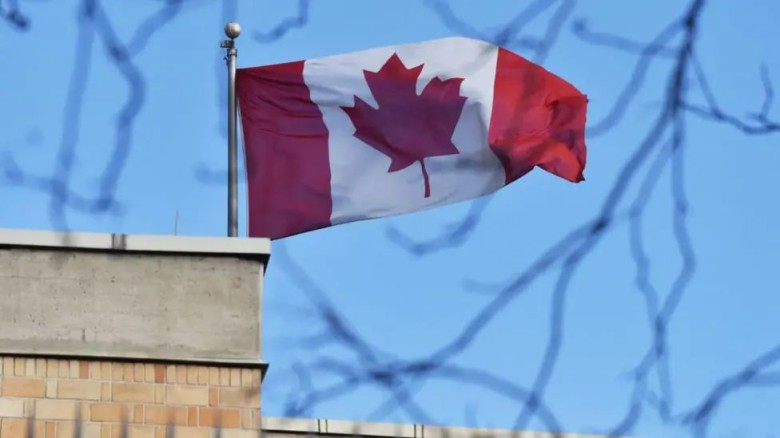







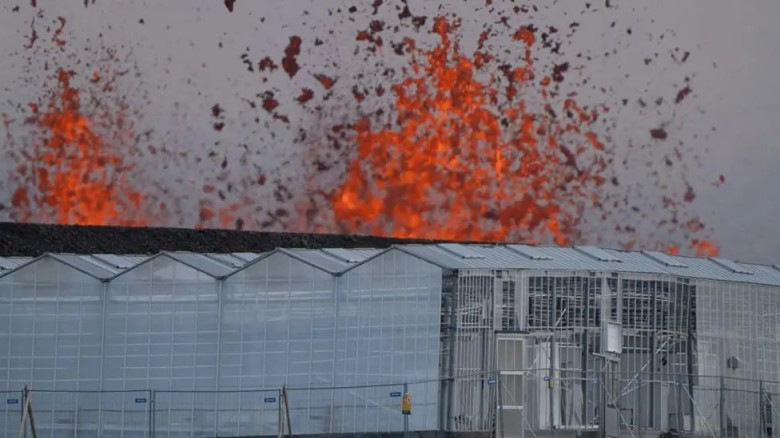
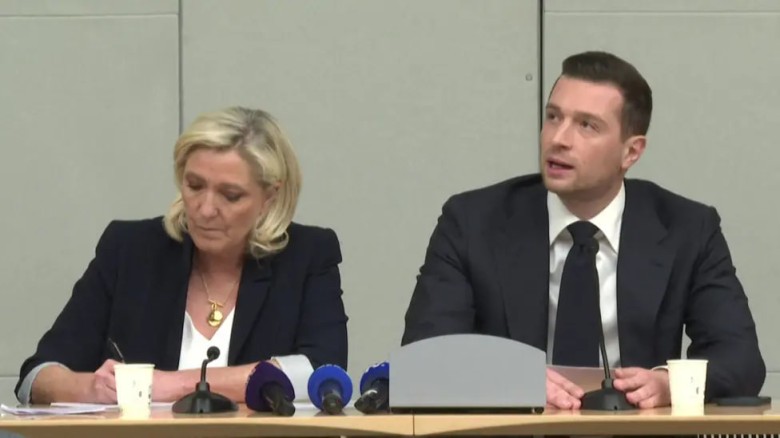
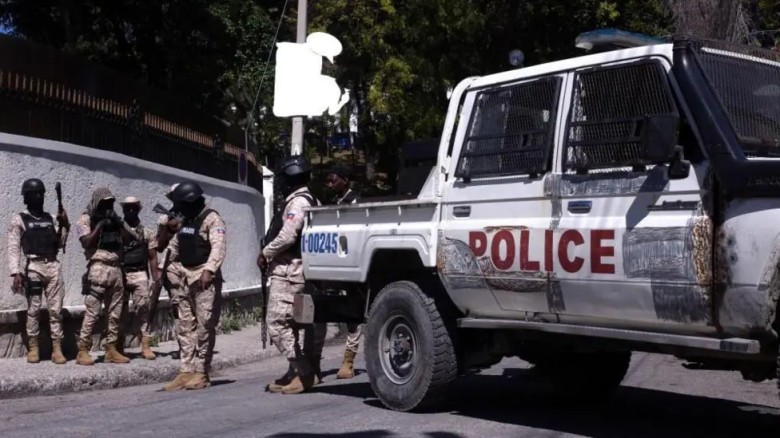

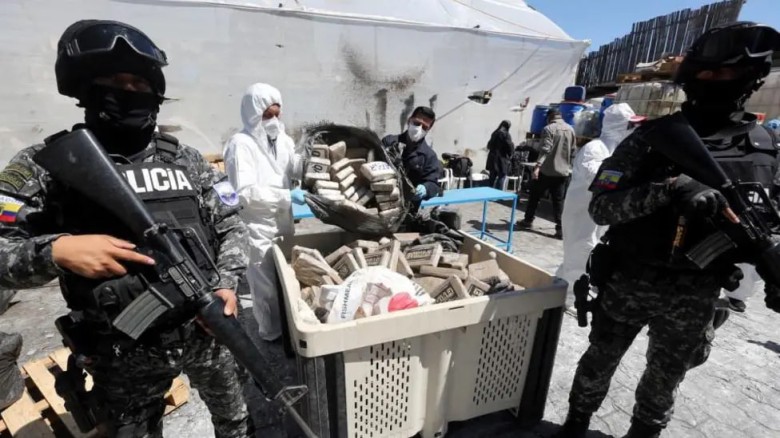
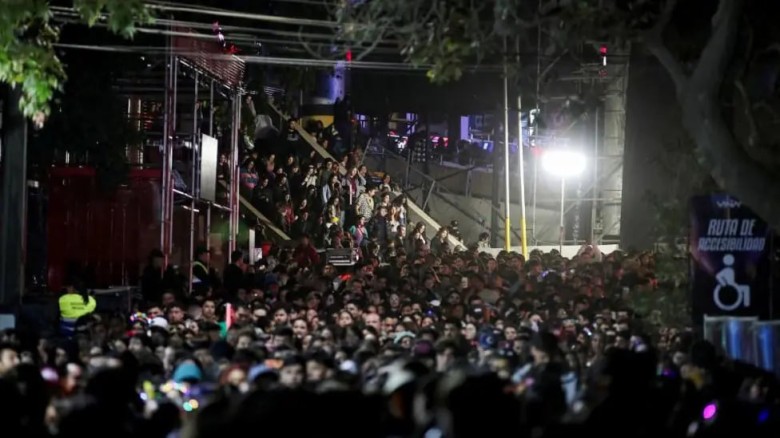





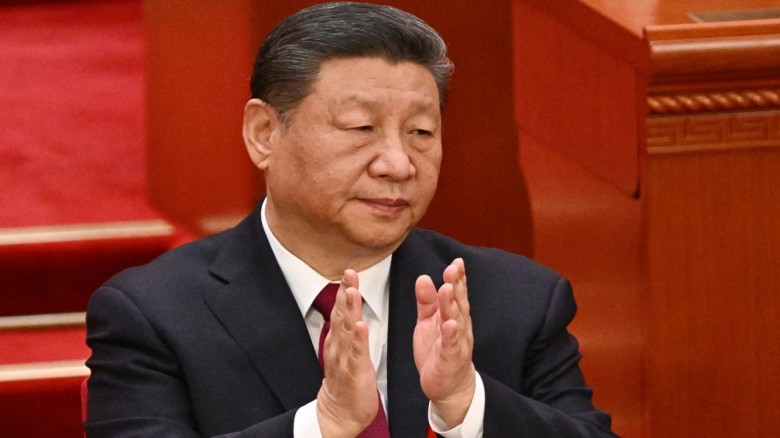
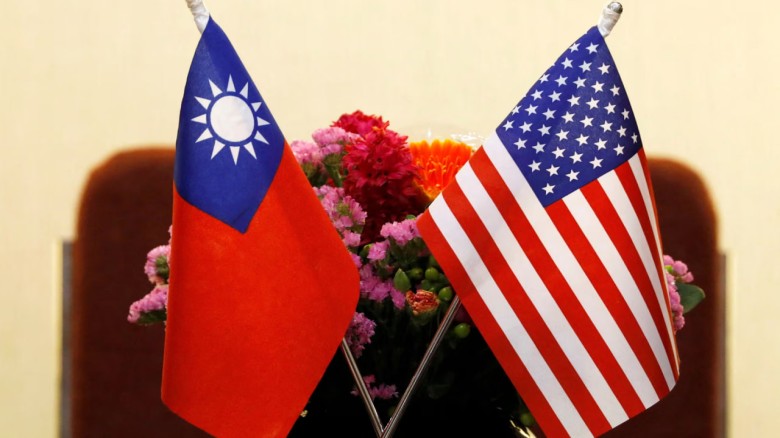

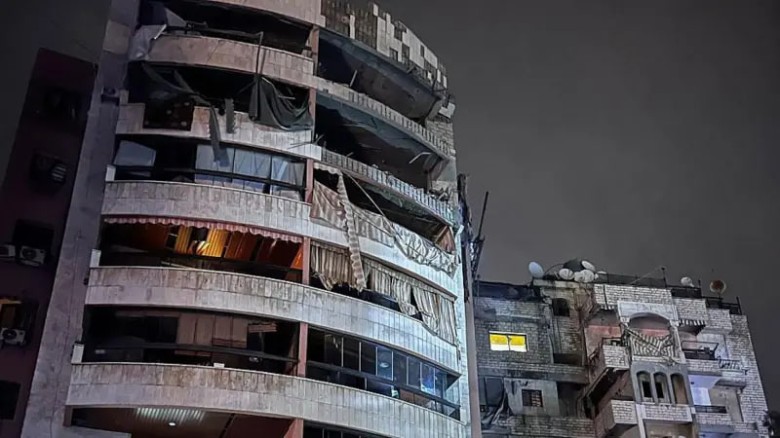
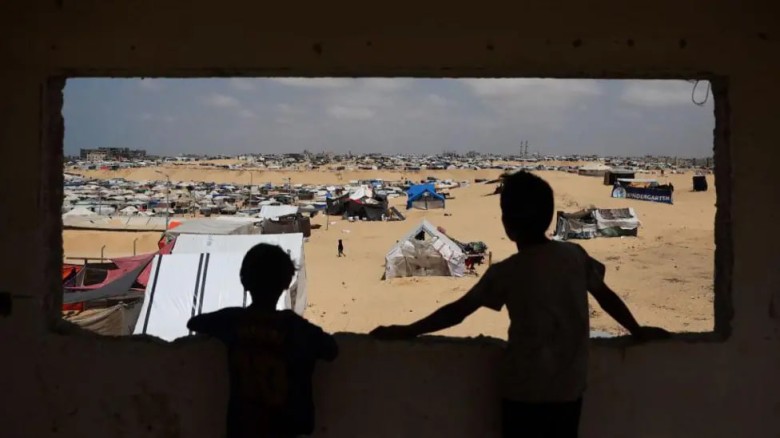
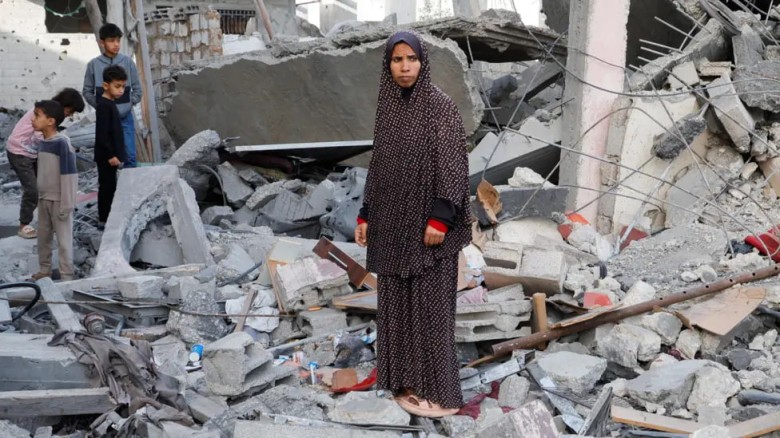
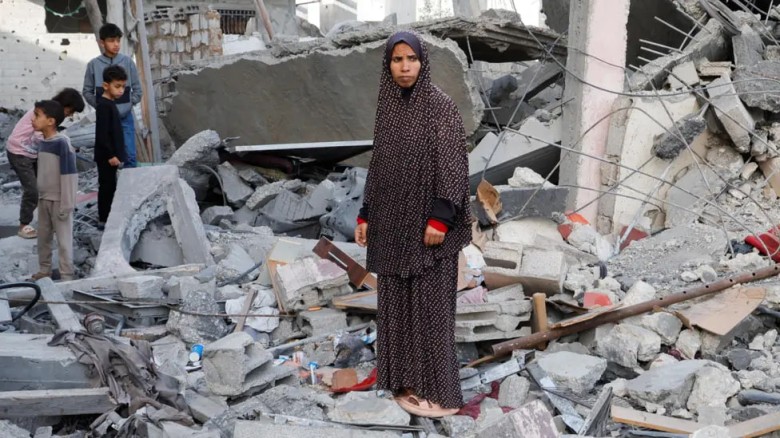

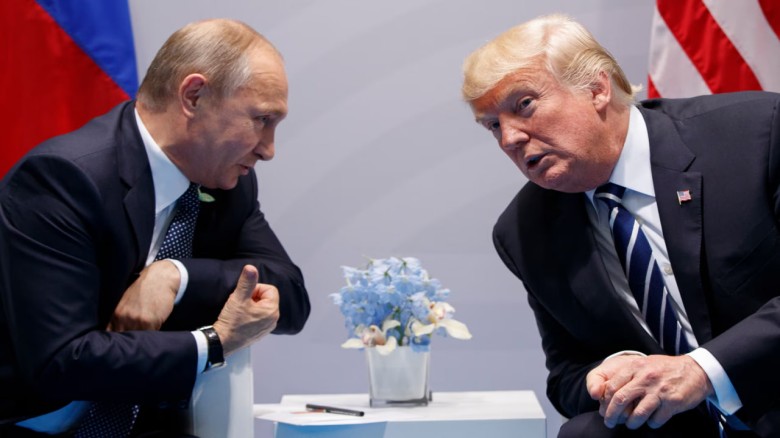
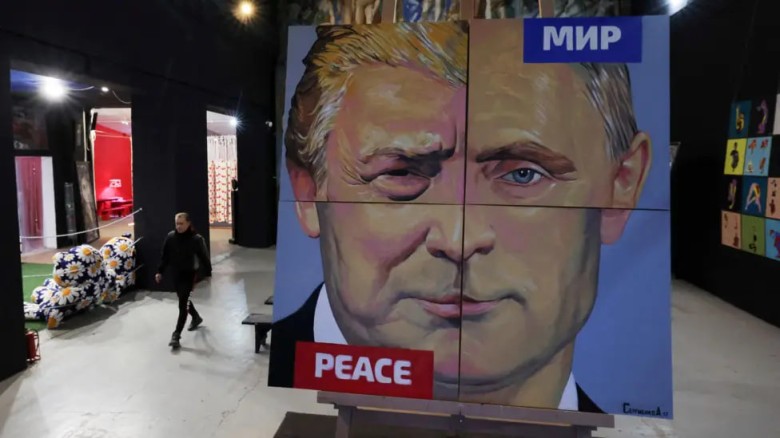
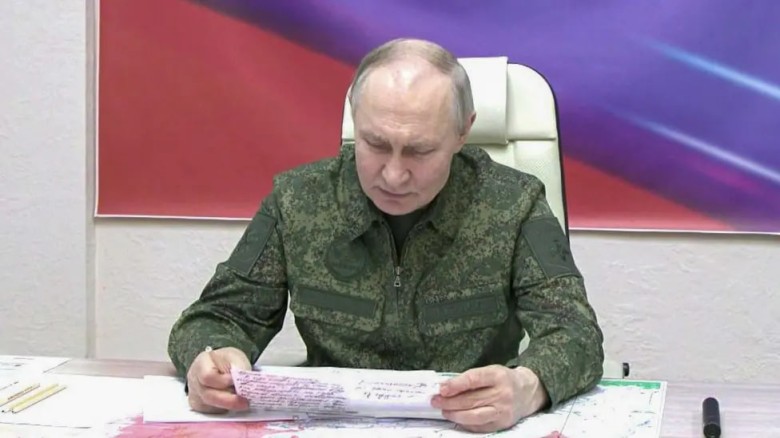




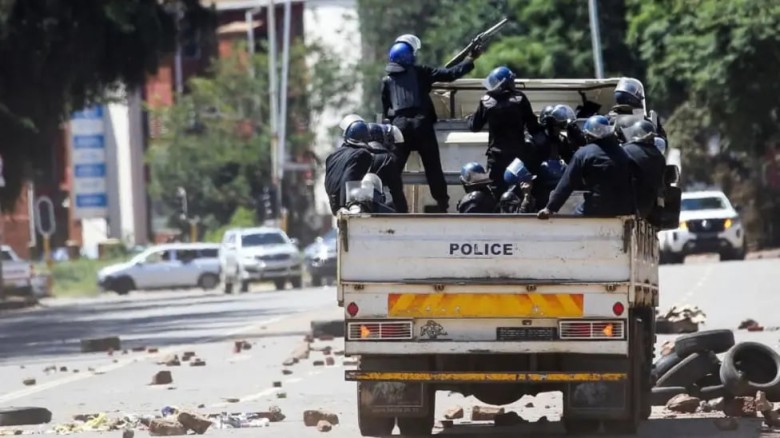
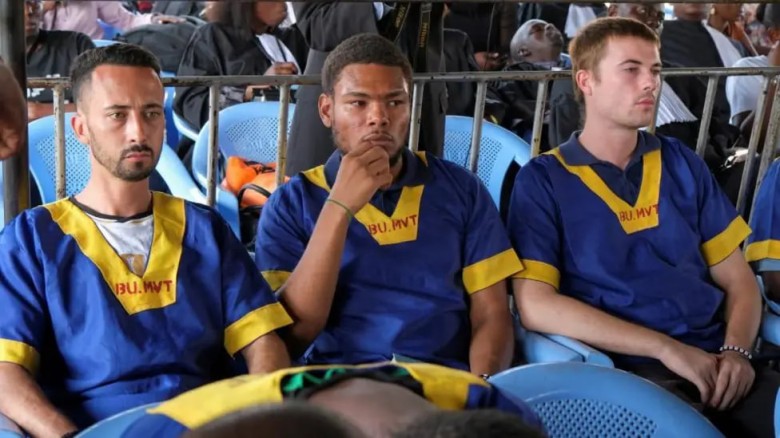
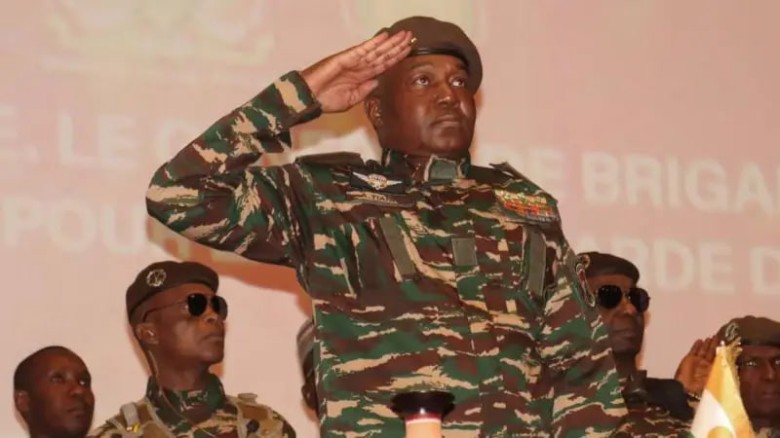















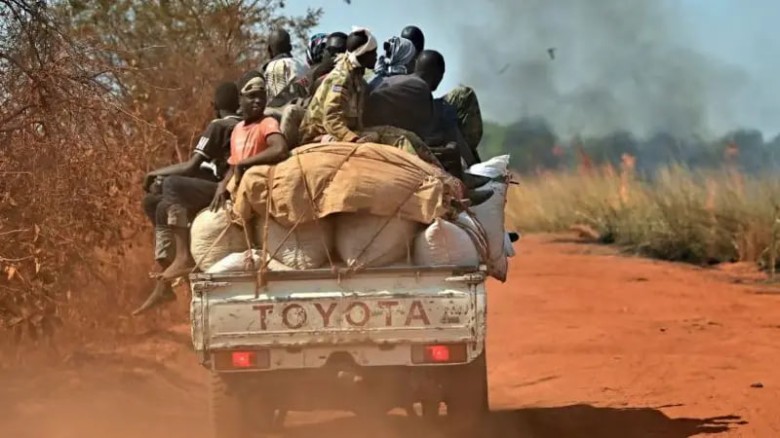


Leave A Comment